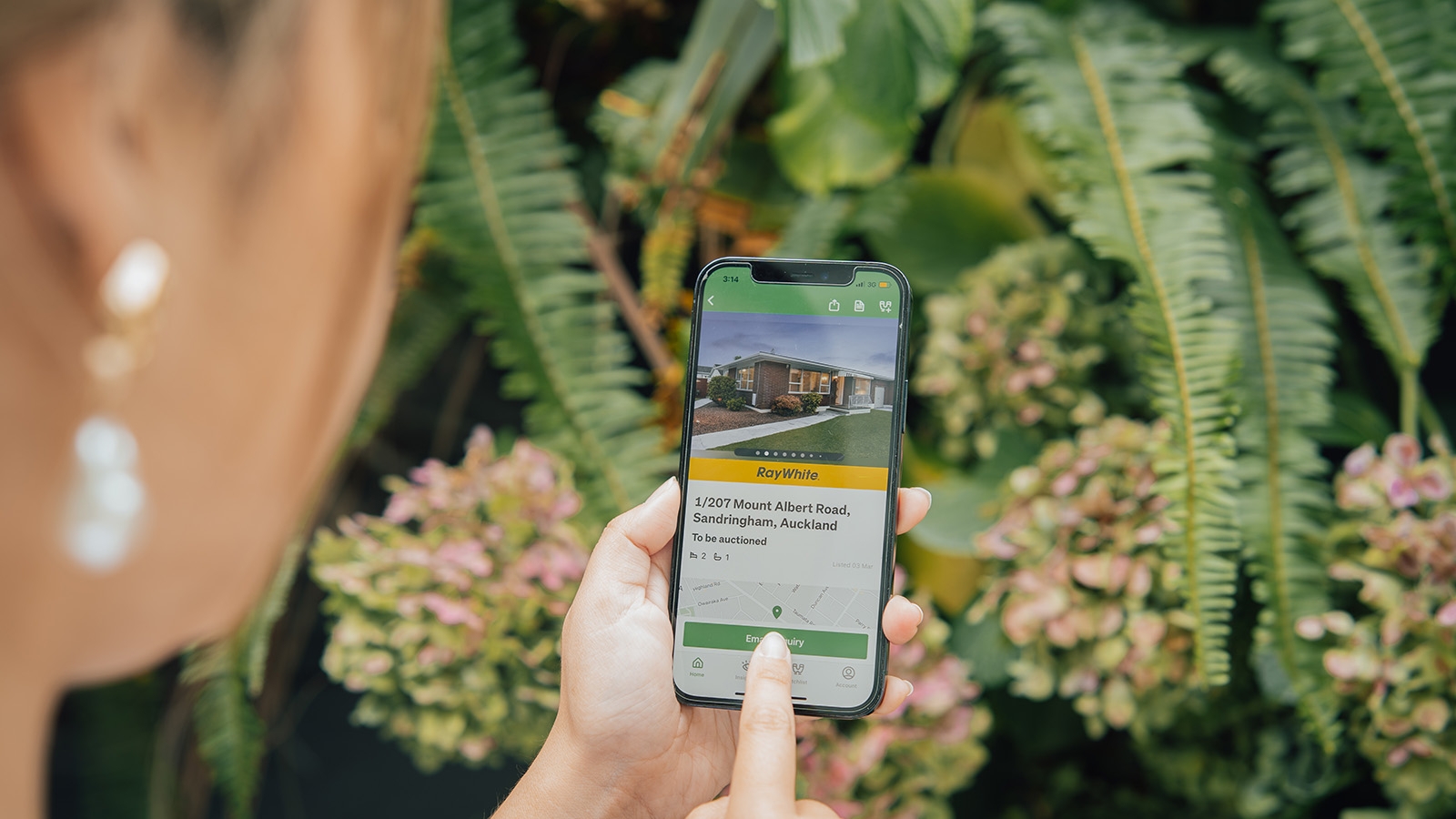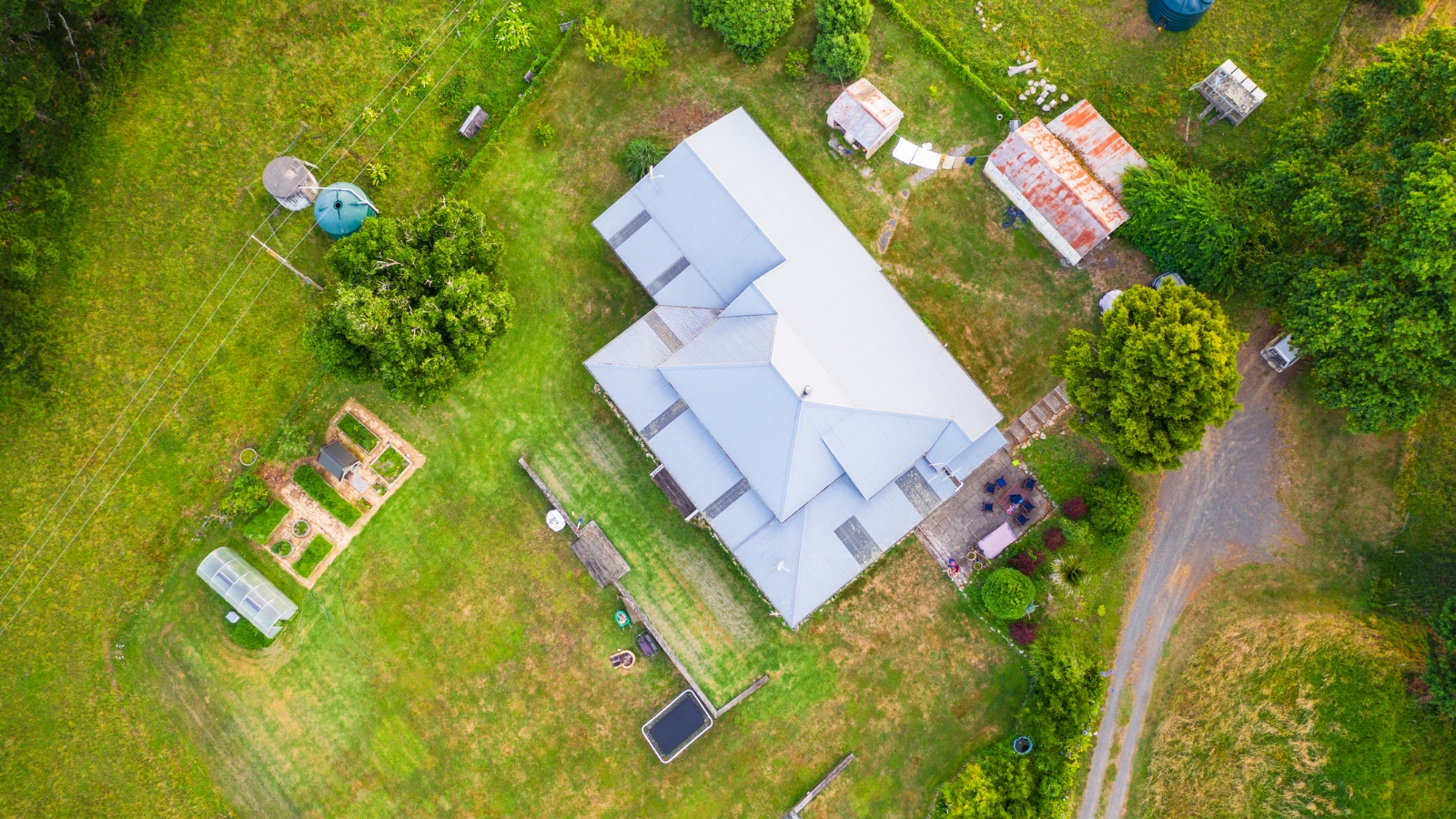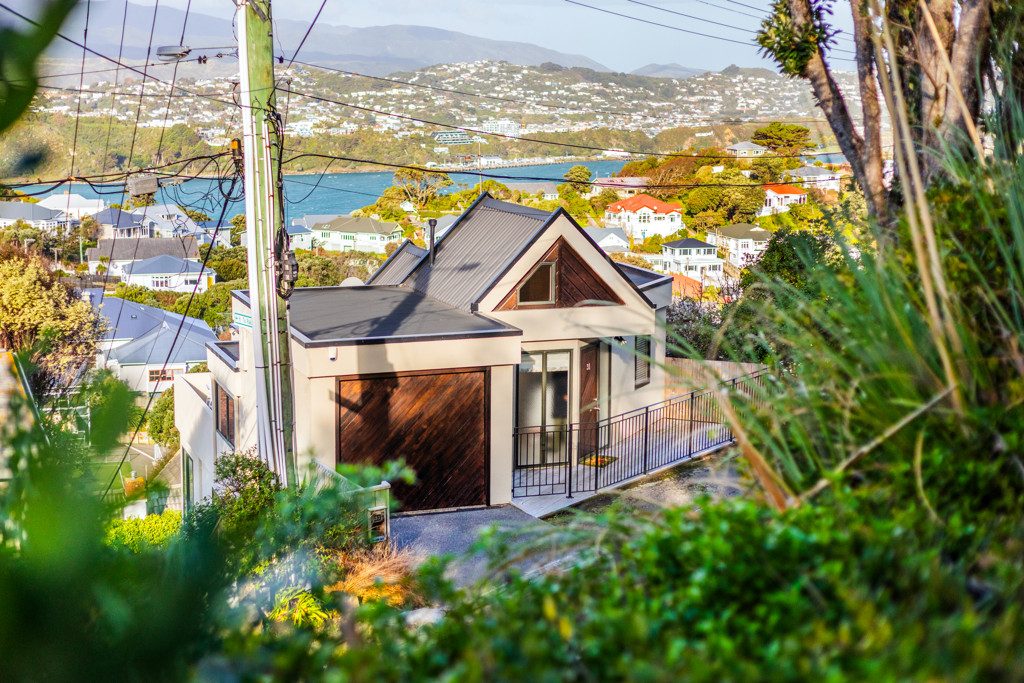Buying guide
Find a registered valuer now with our guide
Want to know how much your home’s worth?

Short of selling on the open market, getting a valuation from a registered valuer is the best way to find out what your property is worth. To help you get started we’ve rounded up everything you need to know to find a registered valuer in NZ.
How to find a registered valuer
Registered valuers are regulated by the Valuers Act 1948 and must be a member of the New Zealand Institute of Valuers and hold an annual practicing certificate.
A complete list of valuers who hold a current certificate
Here’s a list of registered valuers in NZ. It’s split into areas, and notes when the valuer was first registered. Once you’ve found your valuer it’s a good idea to double check their name against this list to ensure they are registered with the relevant authorities.
Get recommendations from other professionals
The best way to find a registered valuer is usually via recommendation from other advisors that you’re working with. This could be your real estate agent, lawyer or mortgage broker – all of whom will know several valuers that they’ve worked with before.
Look at online reviews
If you’d prefer to find your own registered valuer, it’s a great idea to look for someone with a few positive online reviews. If possible, go for someone who’s been in business for several years in your area and has mainly positive reviews on Google or social media.
Look for relevant experience
Many valuers only work with commercial property, others work with residential, while most have an area that they’re most familiar with. Find out about a valuer’s relevant experience and expertise before hiring them to make sure you’re working with the right person.
It's a good idea to get a valuation before selling.
How much does a registered valuation in NZ cost?
The average residential valuation from a registered valuer costs around $800+ GST for a straightforward assessment, according to Smith Partners. This cost will increase or decrease based on the property’s:
Layout and size: with larger more intricate properties generally costing more.
Location: remote or rural homes may incur extra costs.
Potential to be subdivided.
Potential risks: which will need to be assessed, such as landslides.
The timeline and urgency of the job: faster turnarounds may cost more.
Our tip: It’s always a good idea to get a cost estimate or fixed quote from a valuer before you engage them so that you know exactly what to expect.
Why might I need a register valuation?
Sellers
When selling your property a registered valuer can provide a professional, impartial view of its value. This can help you set your asking price or reserve at auction, and ensure that you don’t sell the property short.
Purchasers
If you’re not sure what to offer for a property or how high to bid at auction, a registered valuer can help you come up with an accurate, independent indication.
Finance
Many lenders require a registered valuation before they offer you finance to buy a property. This is particularly common for first home buyers, construction loans or for those with small deposits.
If this is the case, make sure you include a finance condition when making an offer, leaving plenty of time to get the valuation done (ask the valuer how long it will take). If you’re bidding at auction you’ll need to complete the valuation in advance.
Impartiality
When an impartial, reliable valuation is needed, it’s always best to use a registered valuer. This may be the case if you’re dividing relationship property, purchasing a home off someone you know, or buying or selling property within a family trust.
A registered valuation is the most accurate way of finding out what your house is worth, short of selling.
How does the registered valuation process work?
Commissioning a registered valuation is a fairly simple process. Once you’ve found the right valuer for your needs, it goes like this:
Engagement: you agree to use the registered valuer’s service.
Visiting the property: the valuer attends the property to inspect it.
Research: the valuer looks closely at the market in the area and what similar properties have been selling for.
Provision of the valuation report: the valuer provides a report, including key information about the property and an estimated value.
The valuation report will take into account anything that could affect a property’s value, like its size, location, condition, chattels, and development potential.
A registered valuer isn’t the only way to find out what your home’s worth
A registered valuer may be the most accurate way to find out what your home’s worth short of selling it, but it’s not the only way. Read more about property valuations here.
Author
Advice & Tools
Search
Other articles you might like









